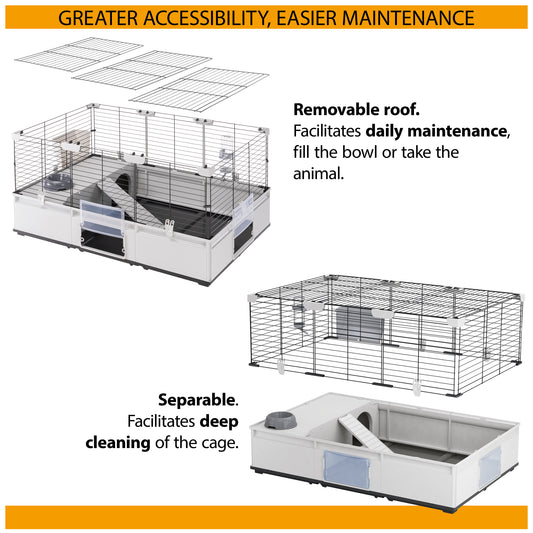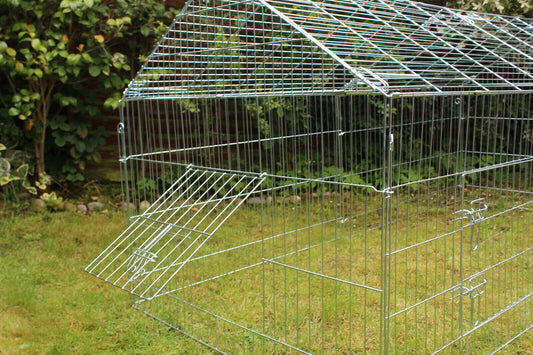International Cat Day is a great time to celebrate the mysterious and loved cats that live with us. Cats, with their alluring charm and captivating behaviours, have a language of their own. One of the most enchanting melodies in their repertoire is the soothing sound of purring. In this exploration, we delve deep into the heart of this feline serenade, unravelling the reasons behind why cats purr and what it truly signifies.
Expressing Comfort and Contentment:
The most commonly known reason for a cat's purr is the expression of comfort and contentment. It's akin to a warm, fuzzy hug they offer to themselves and the world around them. When a cat is in a state of relaxation, whether while snuggling with you, kneading their paws, or simply basking in the sun, the gentle vibrations of purring serve as a reassuring sign that all is well in their world.
Healing and Self-Healing:
Interestingly, cats' purring is associated with self-healing. Experts believe that a cat who purrs at a frequency, typically between 25 and 150 Hertz, has therapeutic properties. These frequencies may help the body heal naturally, fixing bones, tendons, and muscles. Experts believe that cats instinctively purr when they are injured or unwell due to this fascinating ability.
Bonding and Social Interaction:
Cats are known for their independent nature, but they are also social creatures that form deep bonds with their human companions. Purring can be a means of strengthening these connections. When your cat curls up beside you and begins to purr, they may be signalling their affection and desire for a closer bond. Responding with gentle strokes and comforting words can further enhance this shared emotional connection.
Stress and Anxiety Alleviation:
Just as cats associate purring with relaxation, they can also use it as a way to alleviate stress and anxiety. Cats may purr when faced with unfamiliar or stressful situations as a coping mechanism. Cats purr to make themselves feel safe and calm, which is helpful for managing their emotions.
Communication with Kittens:
Mother cats have a unique way of communicating with their kittens – through purring. During nursing and moments of care, mother cats emit a gentle purr that guides and reassures their young ones. This soothing sound helps kittens locate their mother, promoting bonding and fostering a sense of security. Cats sometimes continue to purr and care for others, including humans and animals, even when they are grown up.
Hunger and Attention Seeking:
While cats typically associate purring with positive emotions, they can also use it as a means of communication for more practical needs. Cats might purr to signal their hunger or to grab your attention for a meal. If your feline friend starts purring while near their food bowl or by the treat cabinet, it could be their way of saying, "It's feeding time!"
Contentment During Sleep:
Cats are notorious for their love of sleep, often spending hours nestled in cosy spots. It's not uncommon for a cat to continue purring while they sleep. This rhythmic lullaby serves as a testament to their profound relaxation and the seamless integration of purring into their state of slumber.
International Cat Day is a wonderful opportunity to appreciate the enchanting symphony of purring that cats bring into our lives. Beyond being an auditory delight, purring is a multifaceted language that speaks volumes about a cat's emotions, well-being, and communication style. Cats purr to show happiness, help with healing, and create strong bonds. It's a peaceful sound that reflects their feelings.
On International Cat Day, let's appreciate the joy of purring and keep fostering the special bonds we have with our cats.
If you enjoyed reading this article, why not read:









